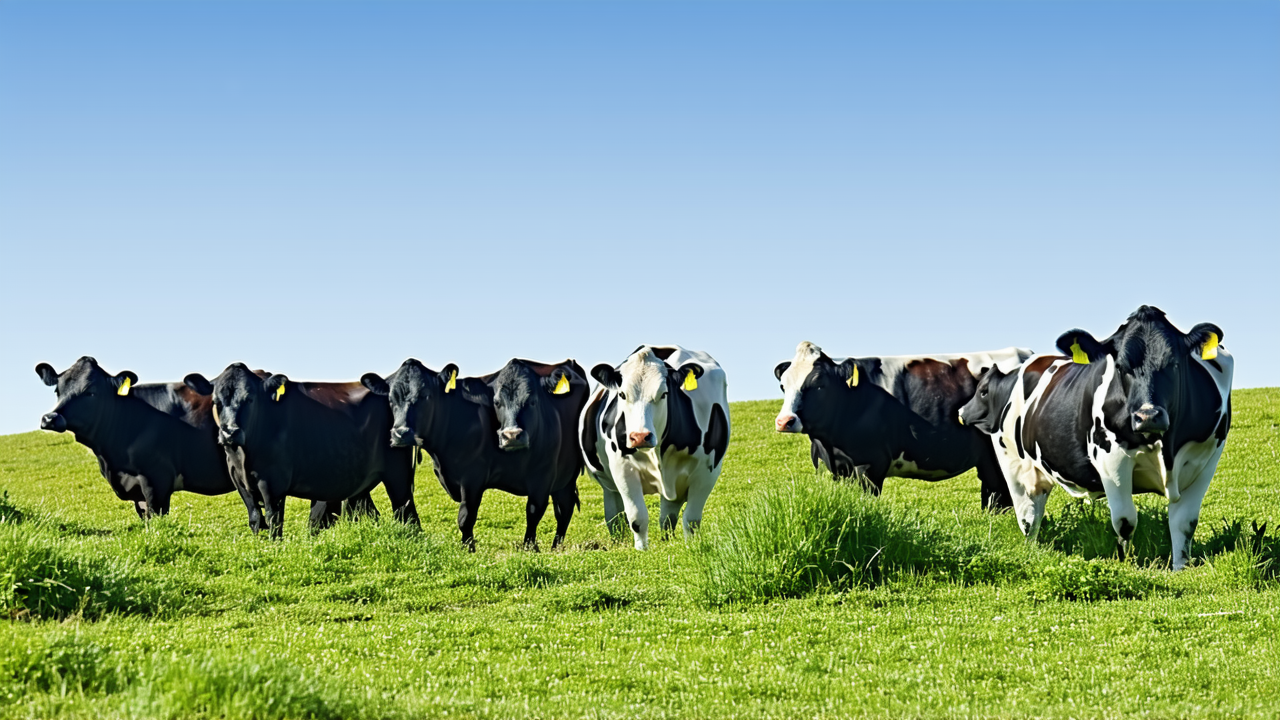LIC Profit Surges to $30.6M as New Zealand Farmers Invest in Herd Genetics
LIC Profit Surges to $30.6M as New Zealand Farmers Invest in Herd Genetics
In a sign of a thriving rural economy, the Livesock Improvement Corporation (LIC), a key player in artificial breeding and herd testing, has reported a significant surge in profits. For the year ended May, LIC's bottom-line profit reached $30.6 million, a dramatic increase from last year’s $7.7 million. This marked turnaround was attributed to a stronger agricultural sector and increased investment by New Zealand farmers in their herds.
The co-operative’s total revenue rose by 10% to $295.1 million, driven by greater farmer participation in herd improvements and enhanced animal health testing. This has led to a near 15% increase in underlying earnings, highlighting the growing confidence among farmers in long-term investments.
LIC Chief Executive David Chin emphasized that the improved financial performance reflects the overall strength of New Zealand’s agricultural sector. He noted that farmers, when presented with favorable conditions, often seize the opportunity to enhance their herds with better genetics and invest in more comprehensive health assessments.
Looking ahead, Chin expressed optimism about the future, despite acknowledging that the current growth might not match previous highs. He pointed out that global dairy markets are experiencing increased pressure in regions such as Europe and North America, which could help maintain favorable prices for New Zealand’s exports in the near term.
The company also announced plans for a multi-year investment in customer-facing systems and process improvements starting from the 2025/26 financial year. While these initiatives are expected to enhance long-term efficiency, they may temporarily affect LIC's bottom line due to the associated costs.
This upward trend in profits underscores a broader shift in the New Zealand farming sector, where investment in genetic improvements and animal health is becoming a strategic priority. As global demand for high-quality dairy products continues to grow, LIC’s role in supporting farmers through innovative breeding programs remains more critical than ever.
With the rural economy showing strong signs of recovery and international markets presenting new opportunities, the future for LIC and its farmer partners appears promising. As the co-operative continues to adapt and invest in technological advancements, it is well-positioned to sustain its growth trajectory in the coming years.
